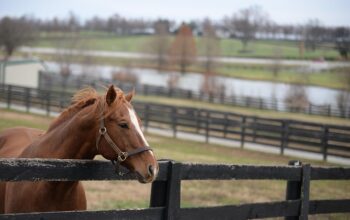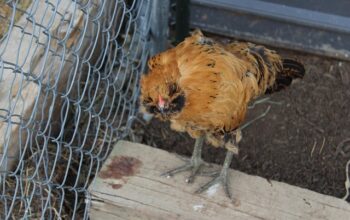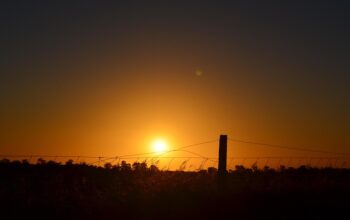Fencing for farms is vital for livestock well-being and worker security, influenced by local regulations, animal behavior, and land type. Durable materials like steel or reinforced plastic ensure long-lasting enclosures resistant to weather and damage. Strategic electric fencing and regular inspections deter intruders, protect property, and comply with safety standards, fostering a secure agricultural environment.
Fencing plays a vital role in farm safety and security, protecting valuable assets and livestock from potential hazards. Understanding local regulations and choosing the right materials is essential for every farmer. This article guides you through the critical aspects of farm fencing, including understanding specific requirements, selecting durable fence materials, implementing robust security measures, and navigating regulatory compliance. Discover expert insights on enhancing your farm’s safety with effective fencing practices.
- Understanding Farm Fencing Requirements
- Choosing Suitable Fence Materials for Durability
- Implementing Effective Farm Security Measures
- Regulatory Compliance for Agricultural Fences
Understanding Farm Fencing Requirements
Fencing farm safety measures are crucial in ensuring the well-being of both livestock and farm workers. Understanding the specific fencing requirements for farms is essential to create a secure and efficient environment. In terms of fencing for farms, various factors come into play, including local regulations, animal behavior, and the type of land.
Farmers need to consider different types of fences suited to their needs—electric fences, post-and-rail fences, or high-tensile wire fences—each with its advantages. These measures not only contain livestock but also deter intruders, ensuring a safe haven for agricultural operations. Adhering to farm fencing regulations is vital to maintain a harmonious relationship with neighbors and comply with safety standards.
Choosing Suitable Fence Materials for Durability
When it comes to farm safety, selecting the right fencing materials is a key consideration. For durable and long-lasting protection, opt for high-quality, impact-resistant options that can withstand harsh weather conditions and potential livestock damage.
Fencing for farms should be designed with strength and longevity in mind. Materials like steel or reinforced plastic offer excellent durability and resistance against rust and corrosion, ensuring your fence remains robust over time. These choices are particularly beneficial for enclosures that require a strong barrier to keep animals contained while also providing a secure and safe environment.
Implementing Effective Farm Security Measures
Implementing effective farm security measures is paramount to safeguard your property, livestock, and crops from potential threats. One of the most robust ways to enhance farm safety is through strategic fencing for farms. Well-designed fences act as a physical barrier, deterring intruders and wild animals that could cause damage or harm.
When selecting fencing solutions, consider materials that are durable and capable of withstanding harsh weather conditions. Electric fencing, for instance, offers a safe and effective deterrent for livestock and unwanted visitors, while providing flexibility in terms of customization to fit diverse farm layouts. Regular inspections and maintenance of fences are also crucial to ensure their integrity and effectiveness over time.
Regulatory Compliance for Agricultural Fences
Fencing for farms is a critical aspect of agricultural safety and productivity. Regulatory compliance plays a vital role in ensuring that farm fences meet specific standards to protect both livestock and people. Various regional and national regulations govern fencing, focusing on materials, construction methods, and safety features. For instance, many regions mandate the use of sturdy, durable materials like steel or wood to withstand harsh weather conditions and animal impact.
Farmers must adhere to these guidelines to prevent accidents, legal issues, and potential liability. Regular inspections are often required to verify that fences remain intact, properly maintained, and conform to safety protocols. By meeting regulatory requirements, farmers can create secure barriers that safeguard their livestock from straying or escaping, while also ensuring the safety of visitors and neighbors who might come into contact with farm fences.
Fencing farm safety measures and regulations are crucial for ensuring both the security of your property and compliance with local laws. By understanding the specific requirements, selecting durable fence materials, implementing robust security features, and staying informed about regulatory compliance, you can create a safe and efficient farming environment. Remember, a well-fenced farm is a secure farm, enabling you to protect your land and livestock while adhering to essential agricultural guidelines.




